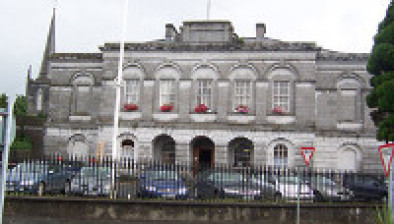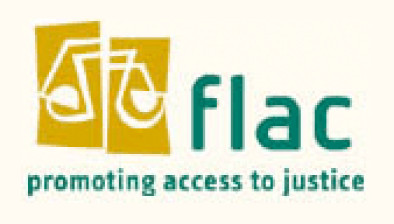Stormont’s new justice committee briefed by legal professions

Stormont’s new justice committee has been briefed on key issues by the Bar of Northern Ireland and the Law Society of Northern Ireland.
The new committee is chaired by DUP MLA Joanne Bunting, with Sinn Féin’s Deirdre Hargey as vice-chair. It heard from representatives of the two legal professions on Thursday.
The Bar’s chair Moira Smyth KC and chief executive David Mulholland both provided oral evidence to the committee.
Speaking afterwards, Ms Smyth said: “The Bar welcomed the opportunity to provide evidence to the new justice committee so early in the new mandate. We set out our vision for a positive, proud and strategic vision for justice in this jurisdiction.
“The Bar also made clear our ambition for ongoing constructive engagement with the justice committee in advancing the rule of law and ensuring access to justice for our citizens.”
She added: “The Bar of NI last provided evidence to the justice committee towards the end of the previous Assembly term in February 2022. Then, we warned of the devastating impacts of a net budget decrease to the justice budget under the terms of the draft 2022-2025 budget.
“At this week’s committee session, we set out the outworking of justice budget shortfalls as creating hardship for many of our practitioners, particularly younger and female members of the Bar, who enable access to justice while navigating the challenges of self-employment and enduring crippling payment delays and stagnant rates of pay for legally aid work.”
Mr Mulholland said: “It was important that the Bar acknowledged the wide range of issues faced by the Department of Justice following a sustained period without government and the challenging public finance position that the NI Executive grapples with at present.
“However, within that context, the oral evidence presented by the Bar drew attention to the need for a strategic perspective to be taken in relation to access to justice, placing it on a sustainable footing and elevating its status so it is understood as a source of social, economic, and human value and not as a problematic cost.
“Our core message to the assembled MLAs was that we have reached a tipping point whereby the Department’s deliberate payment delay policy is visiting generational harm upon the legal profession and the wider justice system.
“Another central element to our evidence concerned the reality that, whilst we welcome Judge Tom Burgess’ fundamental review of criminal legal aid, rates of payment for several aspects of legally aided work have not been reviewed when they should have been under statute and have now remained static for decades, falling chronically behind inflation.
“We set out that rates for certain types of legal aid work have, when adjusting for inflation, plummeted by between 47-58 per cent since 2005. It is therefore essential that urgent action is taken to address these wholly unsustainable fees.
“We also stated our view that the Department’s review into civil legal aid must be conducted independently and involve meaningful engagement with the legal professions and must not be premised upon any further restriction in access to justice.”










